Mozambique: Water in Limpopo River is possibly contaminated, warns water board - AIM
State of education poses problem “more serious than terrorism” for Mozambique’s future – analyst
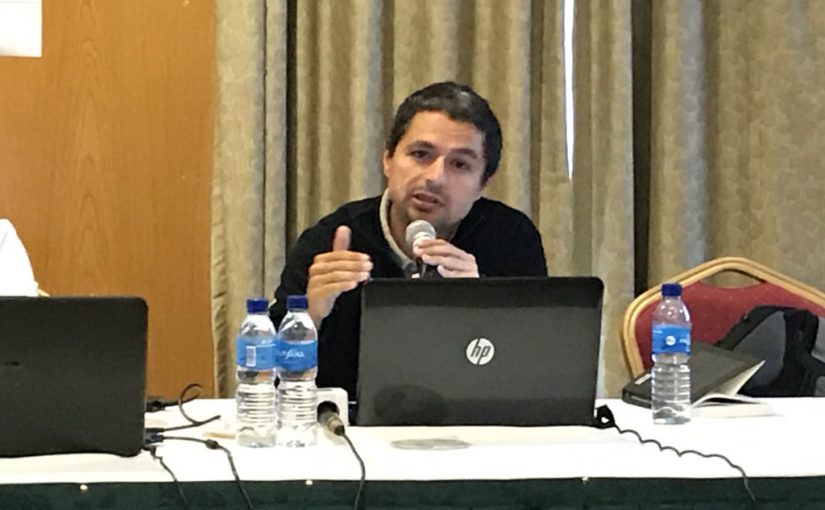
FILE PHOTO - For illustration purposes only. [File photo: Twitter / @IESE]
Researcher João Feijó, from the Observatório do Mundo Rural (Rural Observatory – OMR), says the state of education in Mozambique is “more serious than terrorism” for the country’s future – particularly in primary education and in rural areas.
Speaking to Lusa, Feijó commented on the need for investment in the education sector in Cabo Delgado, the northern province rich in gas but affected by an armed insurgency for four years.
“The cart was put before the horse,” says the sociologist and doctor in African studies, alluding to the advance of industrial investments in the Afungi peninsula in Palma district, without any prior commitment to education.
A situation that is a national problem, Feijo describing the state of education as “a fraud” and “a cancer”, especially primary education.
“Everyone sees elementary school children finishing fifth grade without being able to read or write their own names,” he says. Likewise, “Everyone knows” that most teachers “don’t have the skills to teach”.
“I work in the bush, and I hire teachers to carry out questionnaires, and the rural teachers in these schools do not know how to calculate areas,” he illustrates.
There are teachers “who read by spelling the words out loud”, he adds, to illustrate the difficulties. Good teachers are the exception: “The majority have serious deficiencies and, the students, the same”.
He says students from fifth to seventh grade don’t understand Portuguese, and know only local languages.
“The state of primary education is our biggest collective mistake,” is his conclusion.
“We are creating two classes of citizen, just like in colonial times: the white and the assimilated in the city with access to quality education, and the indigenous people in the bush.”
Even in today’s urban world, there is a difference between those who go to private and those who go to public schools. Parents of children who attend private schools threaten to send them to public schools, with their general lack of facilities, when they get bad grades, he says.
In this context, the education situation in Cabo Delgado is even more delicate, taking into account the training needed for the population to get employment in the gas megaprojects.
“There was little investment in education. Until last year there was no training centre In Palma,” – known as Vila do Gas, given its proximity to the projects.
“The first was created just weeks before the attack” a year ago that led to the suspension of TotalEnergies’ gas exploitation and liquefaction project – the largest private investment in Africa, worth €20 billion.
“The cart was put before the horse”, says João Feijó. “People who wanted to train had to go to Pemba,” the provincial capital.
Feijó likewise questions the training plans and the speed of implementation. “Training is not something to be done intensively, in three or four months or a year. Training is something that requires patience,” he says.
“Local young people realise that the quality of their education does not make them competitive” in relation to “people from the south [of the country, in an allusion to the capital, Maputo] or from abroad.” Therefore, “they feel unprotected”.



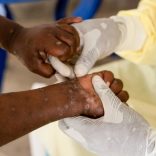
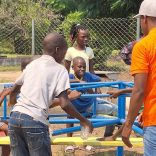

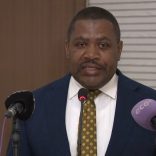
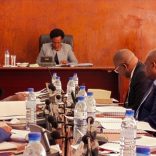




Leave a Reply
Be the First to Comment!
You must be logged in to post a comment.
You must be logged in to post a comment.